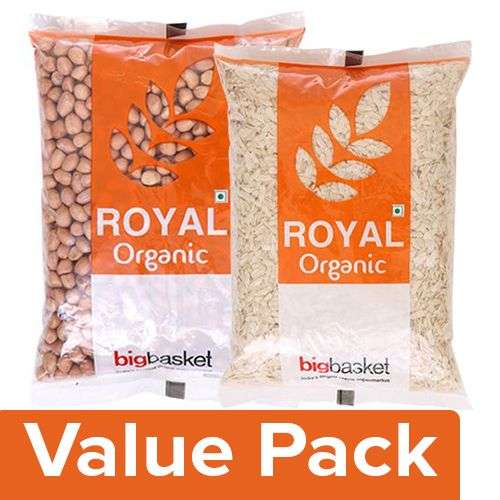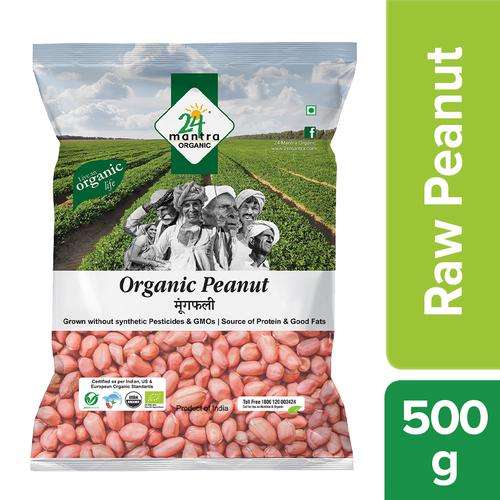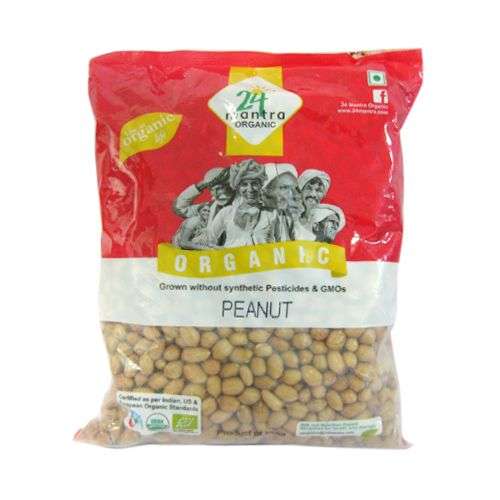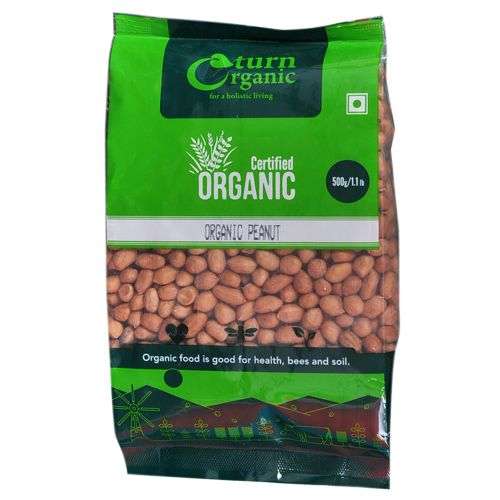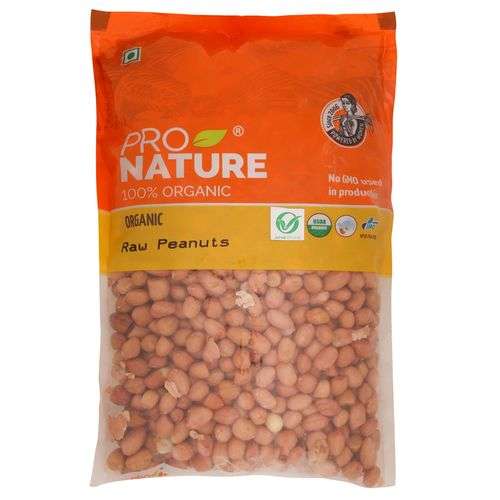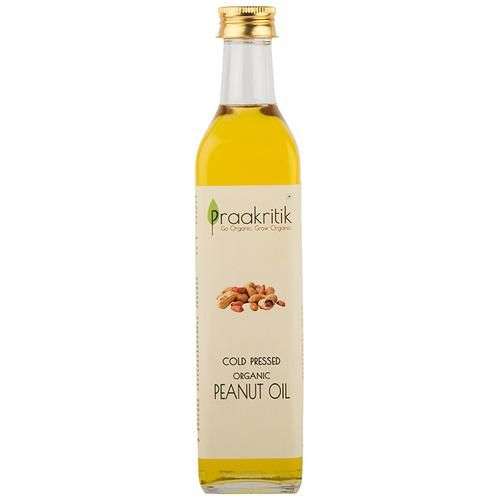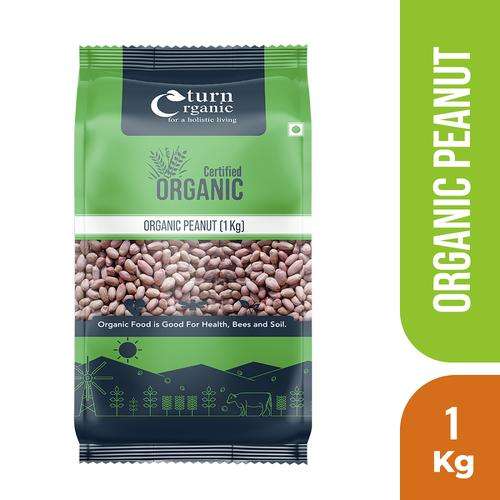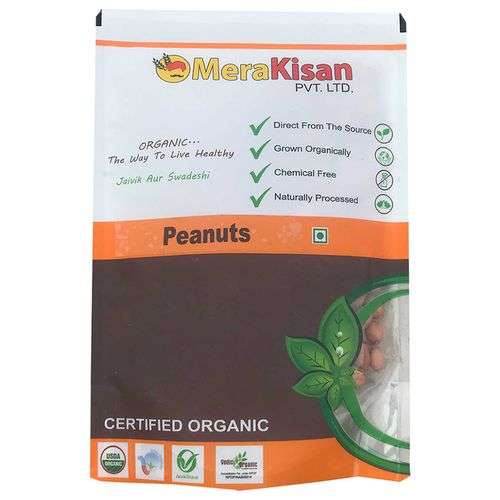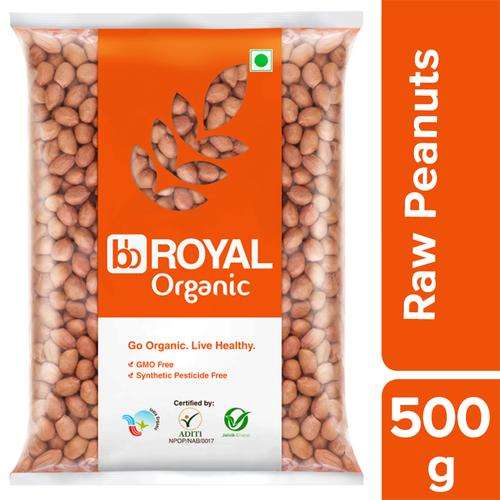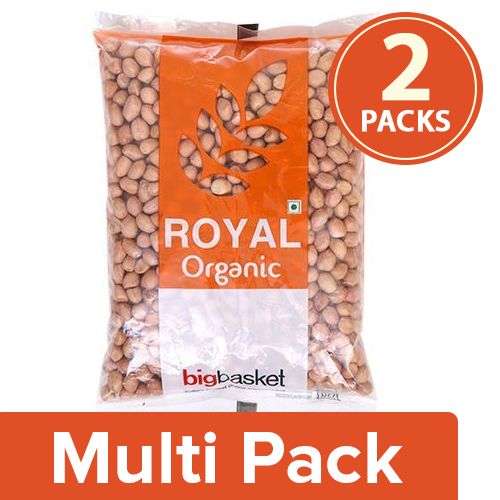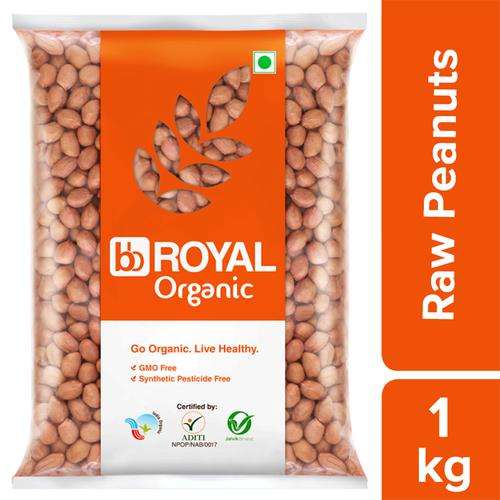Peanut Price
Peanut Price in India
Welcome to peanut price list in India on Priceo. Here you can find latest price of roasted and tasty salted peanuts that you can enjoy while watching your favourite game on TV. Many Indians enjoy roasted peanuts while drinking spirits to enhance the overall experience.
Peanuts are an important crop grown throughout the world. Commercially, peanuts are grown primarily for oil. The by-products of peanut farming are loaded with valuable nutrients and can be used in a variety of processed foods. They are a rich source of bioactive compounds, including resveratrol and phenolic acids. Furthermore, peanuts contain all 20 essential amino acids.
Peanuts can be eaten raw, cooked, or roasted. However, it is best to eat them in their natural state – raw or with skin – as this contains more antioxidants and phytochemicals. Luckily, peanut butter and peanuts can be added to a variety of dishes. For example, they can be added to smoothies, salads, sandwiches, and even cereal.
Benefits of Peanuts
Peanuts are an excellent source of niacin, an essential nutrient for our nervous system, digestive system, and skin. It also helps convert food to energy. It is also thought to protect us from cognitive decline and Alzheimer’s disease. Consumption of peanuts improves our feelings of fullness and satiation. Its monounsaturated fats are thought to stimulate a hormone in our bodies that makes us feel full.
Peanuts contain monounsaturated and polyunsaturated fats, which are healthy fats. These fats help lower cholesterol levels and reduce the risk of heart disease. Peanuts also contain saturated fat, which is less healthy than unsaturated fats and may promote heart disease. Therefore, you should read the nutrition label when purchasing peanut butter to get the most nutritional value.
Peanuts also contain high levels of antioxidants. The phytochemical resveratrol is beneficial for heart health, and p-coumaric acid helps reduce the risk of stomach cancer. They also stimulate the production of nitric oxide, which helps lower the incidence of heart disease. They also contain vitamin E, which is a fat-soluble vitamin that protects the skin from free radical damage. It also helps maintain cell membranes.
Peanuts are an excellent source of magnesium, which is important for bone health. Magnesium reduces the risk of fracture and osteoporosis. One serving of peanuts contains about 12% of your daily magnesium needs. In addition, peanuts are a good source of copper, vitamin E, and biotin. Consuming peanuts regularly may improve blood levels of these nutrients in people with diabetes. Finally, peanuts are rich in unsaturated fat, which reduces cholesterol and inflammation.
A recent study found that peanuts contain a mycotoxin known as aflatoxin. The compound inhibits the absorption of cholesterol and is also associated with decreased risk for heart disease. It is also linked with reduced risk factors for diabetes and liver cancer. A study on peanut consumption has suggested that peanut consumption can lower the risk for heart disease by 40%.

